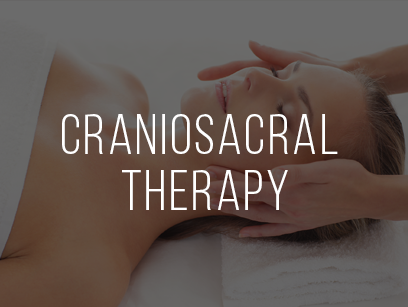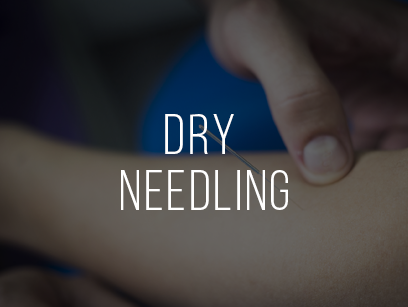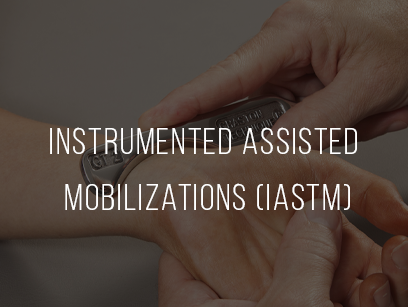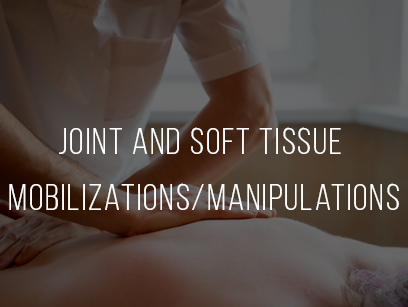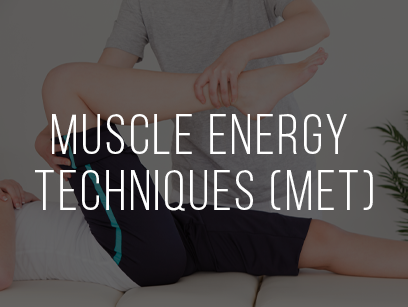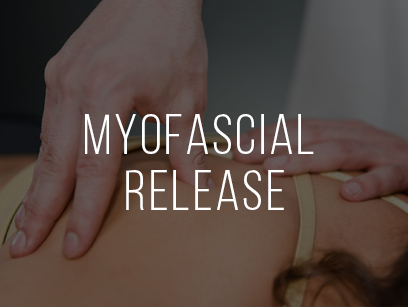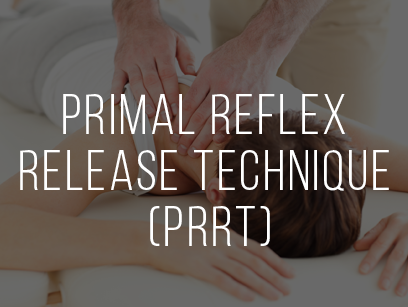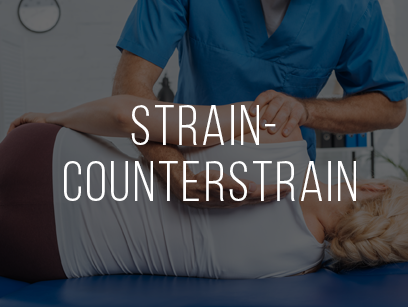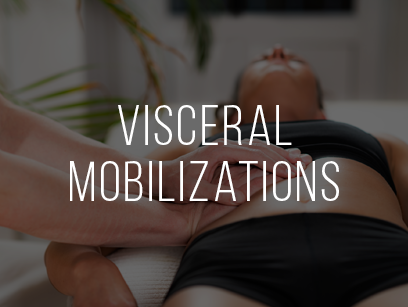Evaluation
On your first visit, your therapist will get to know you, your health history, lifestyle and what led you to our door. Physical therapists are movement specialists. We want to see how you sit, stand and move. We use various instruments to measure mobility or strength and will often use our hands to assess your alignment and body parts for tenderness, muscle spasms, etc. Please wear appropriate clothing that will give us the best access to your painful areas.
Once we have completed a thorough assessment, we will inform you of our findings, create a game plan and start treatment if there is time. We view this relationship as a partnership and value your feedback at any point during your evaluation and treatment sessions. Moving forward, we look at the progression of therapy:
There is lots of overlap between these stages and progress is not always linear. There will be ups and downs, but there will be a positive trend over time. If progress is slower than expected, other directions in treatment must be taken to resolve or identify the problems that may be impeding the healing process.
Once we have completed a thorough assessment, we will inform you of our findings, create a game plan and start treatment if there is time. We view this relationship as a partnership and value your feedback at any point during your evaluation and treatment sessions. Moving forward, we look at the progression of therapy:
- Pain reduction. Reducing pain is key to progressing in physical therapy. Movement and range-of-motion exercises are far more effective when pain is absent.
- Movement. This goes hand-in-hand with pain reduction. By improving your range of motion and overall mobility and balance, you are setting yourself up for physical success.
- Strengthening. As you begin to move better and become more confident in your abilities, we will focus on reinforcing your body so it has the wherewithal to resume (or start) previously challenging activities.
- Coordination training. The last step is coordination, tying it all together to be able to perform movements you perform on a daily basis.
There is lots of overlap between these stages and progress is not always linear. There will be ups and downs, but there will be a positive trend over time. If progress is slower than expected, other directions in treatment must be taken to resolve or identify the problems that may be impeding the healing process.
Manual Therapy Techniques
Hands-on treatment enhances pain relief and recovery.
Each therapist at PT Plus is trained in a variety of manual therapy techniques.
Each therapist at PT Plus is trained in a variety of manual therapy techniques.
Do you ever get tight knots in your neck that you can’t release by yourself with exercise, stretching, heat or self-massage? Manual therapy can help enhance your recovery with many aches, strains and injuries throughout the body by improving blood flow, muscle tone and tissue mobility. All of our therapists have additional training and certifications in hands-on treatment including: muscle energy techniques, craniosacral therapy, dry needling, and strain/counterstrain techniques to name a few. All manual therapy is complemented with modalities and/or instruction in therapeutic exercise and individualized exercise programs.
Functional Exercise
Exercise is scientifically proven to help reduce pain and dysfunction. But what type of exercise? People often associate exercise with counting mindless reps on a weight machine. However, we at PT Plus, focus on both traditional and functional exercise.
Functional exercise is different from traditional strength training in that it is designed to help people with everyday movements and activities such as squatting to pick up laundry, carrying groceries and reaching. These movements require your muscles to work together rather than in isolation. Some people can have big, strong muscles that don’t work well together due to pain or poor communication with the nervous system. Our therapists assess how well your body is able to perform these movements and will help you find the best exercises for you!
Functional exercise is different from traditional strength training in that it is designed to help people with everyday movements and activities such as squatting to pick up laundry, carrying groceries and reaching. These movements require your muscles to work together rather than in isolation. Some people can have big, strong muscles that don’t work well together due to pain or poor communication with the nervous system. Our therapists assess how well your body is able to perform these movements and will help you find the best exercises for you!
Retail Items
There may be items that your therapist recommends obtaining to help enhance your recovery process. If you feel you may benefit from any of these items, ask your therapist for more information.
|
Contact Us Today
|
|
Find your local PT Plus clinic to begin physical therapy treatment for a variety of conditions. Our personalized care specialists will help you on the road to recovery, support you in your time of need and get you back to the lifestyle you love most.
|
|



